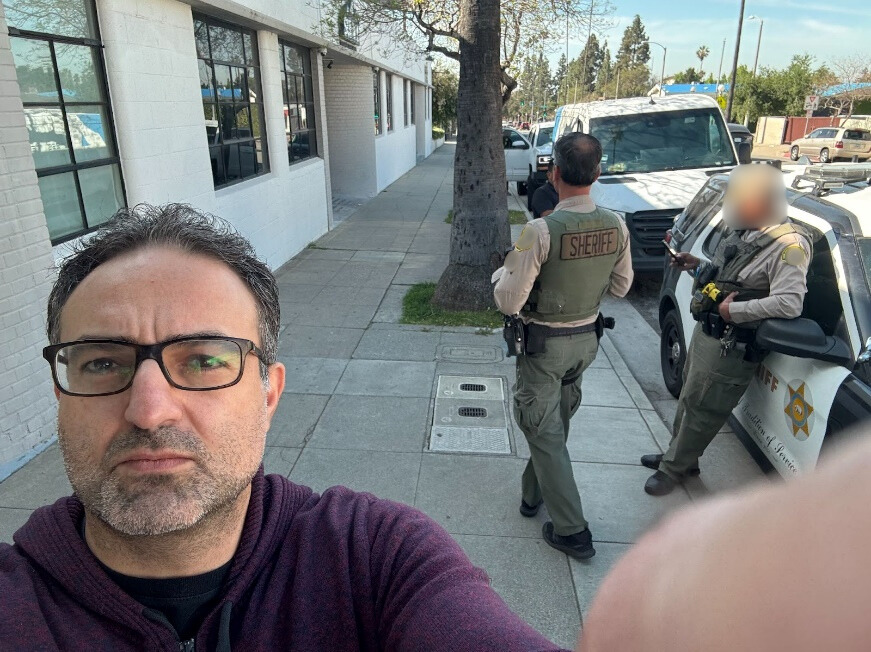In litigation, a win on paper is just that—paper. The real challenge lies in enforcement, particularly when the losing party treats a judgment like a suggestion. In an article last year, we discussed how WG secured a substantial arbitration award for a client. But collection was a different matter entirely. Soon after receiving the verdict confirming the money judgment, we reached out to the defense counsel to process payment. What happened next was a masterclass in judgment evasion. The judgment debtor deployed every classic tactic—bankruptcy threats, and then bankruptcy; asset shielding through divorce proceedings; fraudulent conveyance of assets; no-shows at debtor exams; depletion of bank accounts; etc.
Tactical Enforcement- Strategy
In this instance, we identified assets of the defendants at the outset to ensure collectability in the event we prevailed. Specifically, we confirmed one of the defendants with the most culpability owned a home worth millions and in which he had substantial equity, as well as business activities and assets that could be pursued if needed. It was needed. When we initially reached out to debtors counsel, counsel took every position under the sun to oppose collections. He claimed the ruling was invalid and attempted to appeal it; and he claimed his client had no money and owned no property. Further, he claimed the property was owned by a trust, and that the property was not a collectible asset because his client is getting divorced, and any 3rd party claims to community property would need to go through the divorce proceeding.
In response, we created a comprehensive yet targeted enforcement strategy. We secured bank levies on the debtor’s bank accounts. We secured an injunction and declaratory relief order from the Court finding that all of the business assets of the debtors belong to our client. The injunction order included an order for sheriff escort to access the premises. We also issued a lien on the property. However, since the property was in the name of the trust, not the debtor individually, the lien would not appear on title searches. So we secured an amended Lis Pendens naming the trust, and thereafter, the lien appeared on title searches. This was critical because shortly thereafter, the debtor sought to sell the property in connection with the divorces, but they could not finalize closing with getting the lien released.
Results
At that point, we managed to get the debtor to agree to pay our client the full amount of the judgment owed, PLUS all of his attorneys fees and costs incurred by the collections work PLUS 10% interest… In all, the debtor paid an additional $125,000 above the Judgment.
Once the money judgment was collected, we still had to secure the physical assets from the business. However, we learned the debtor was living out of the business and had made threats to our client. Accordingly, we secured the sheriff’s department to accompany us to the business location, and we showed up with moving trucks and a locksmith.

Armed with a court-issued Sheriff’s Levy, we lawfully entered and secured all of the property of value.
Not Just a Win
This was more than a legal victory. Our client dealt with over three years of litigation, and he was extremely frustrated when the debtors began to evade. It was a reaffirmation of our core approach: litigation is about outcomes, not optics. We don’t just obtain judgments—we enforce them.
